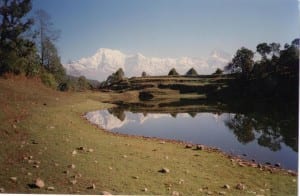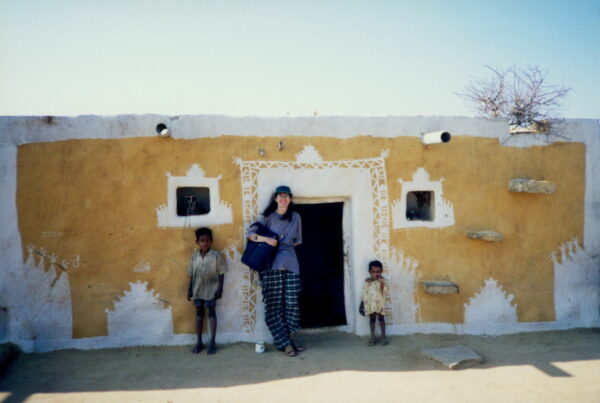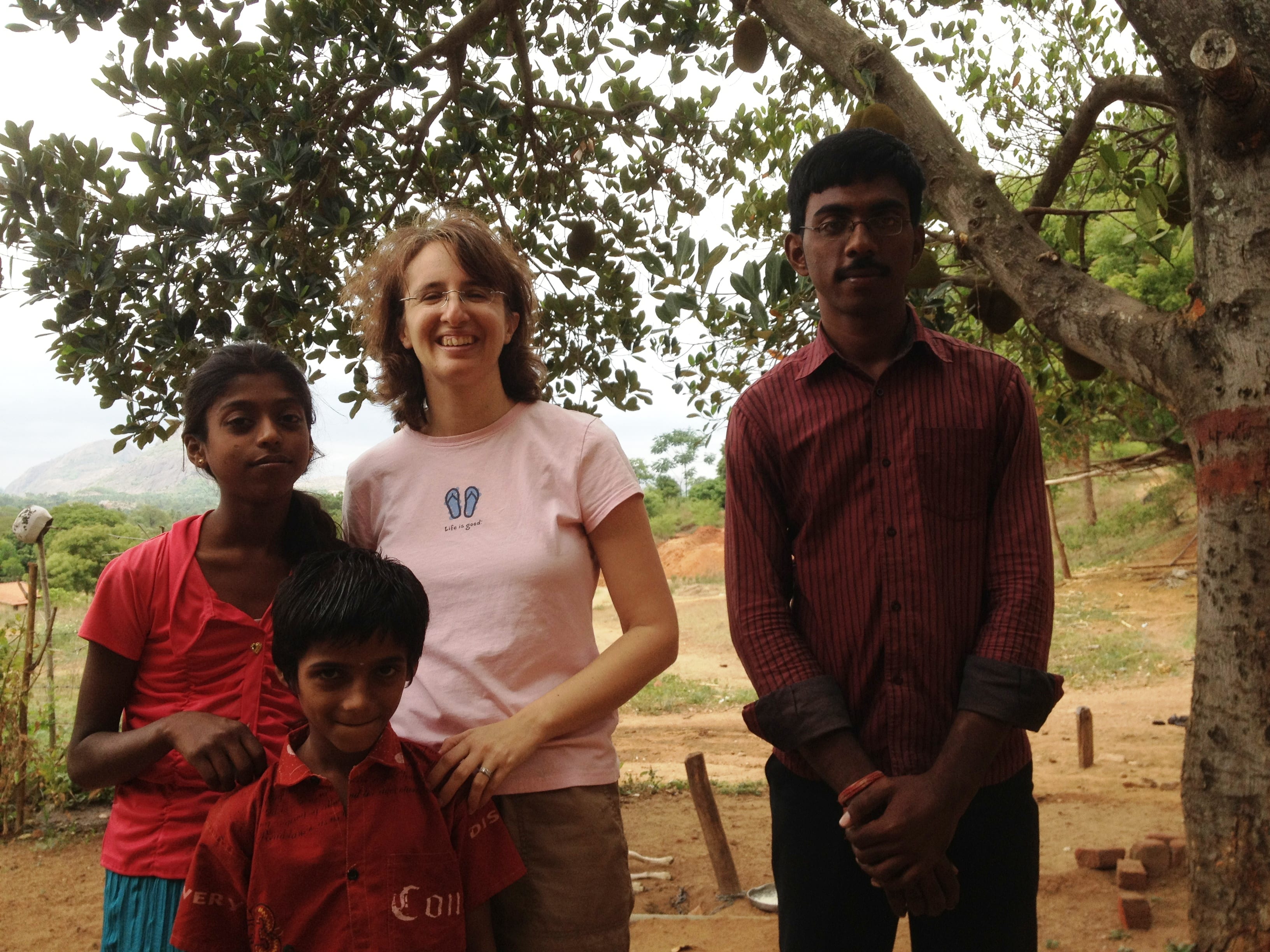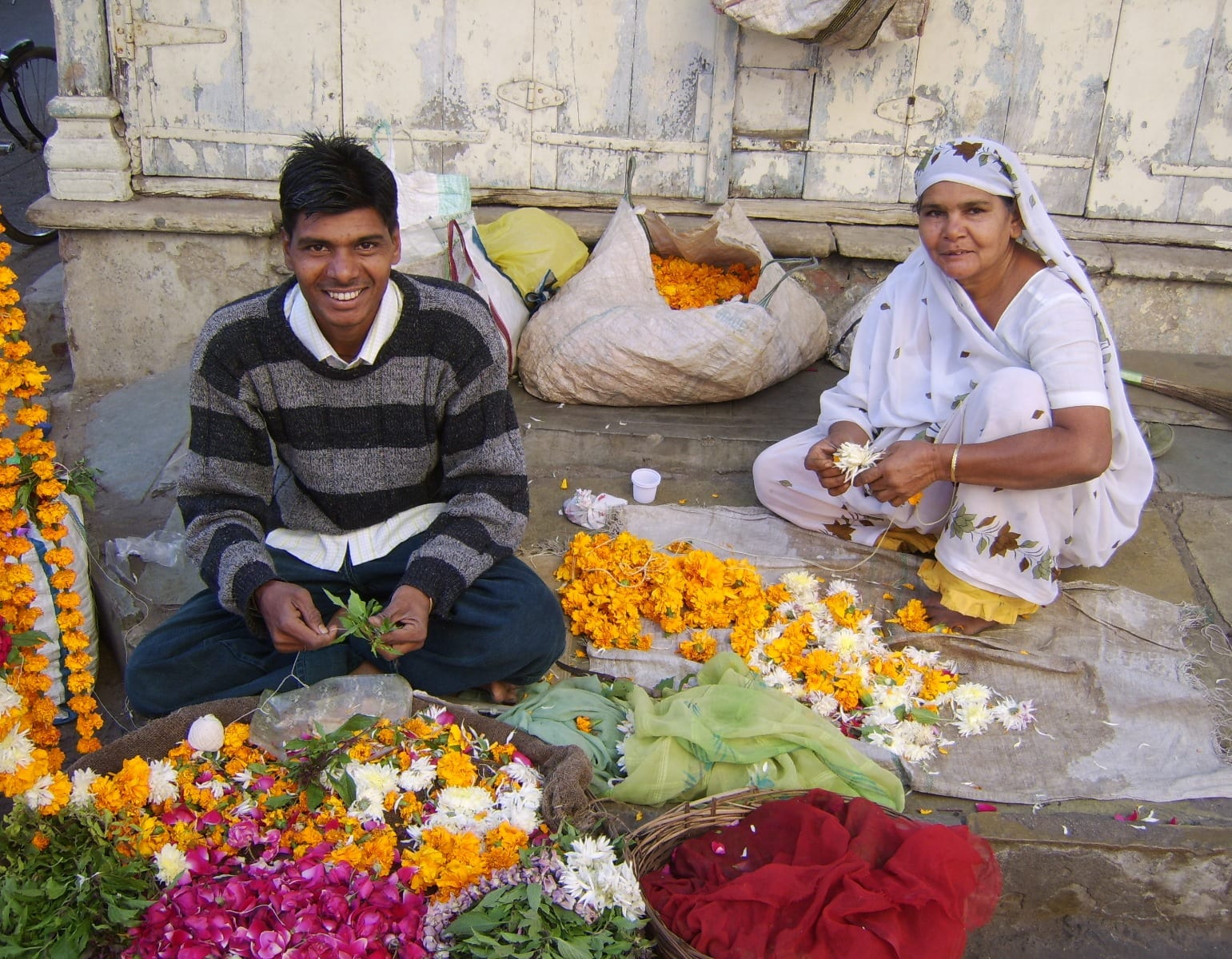 Finally! I get to write in my blog. I have missed you, my readers, and I’ve felt the void of not creating stories here. Why have I been absent? Well, the main reason is that I’ve been diligently working to complete my book, Zen and the Art of Offshoring. I can hardly wait to share it with you.
Finally! I get to write in my blog. I have missed you, my readers, and I’ve felt the void of not creating stories here. Why have I been absent? Well, the main reason is that I’ve been diligently working to complete my book, Zen and the Art of Offshoring. I can hardly wait to share it with you.
But another reason for my blog absence is much more ethereal: I’ve been busy. Really busy.
Every time I call a colleague or client these days I hear the same refrain.
“I’m swamped!”
“Things have been crazy.”
“I’m up at 4am doing e-mail these days.”
Calendars lately are like moving targets. I’ll schedule lunch with a friend and one of us will have to postpone at the last minute because of other obligations. Busy.
The question is, what’s going on? Has the busyness gotten more intense or had I been living in denial of it before? I remember a time not too long ago that I could pause in the middle of the day to go bowling with a friend or sit out on my deck. Not anymore. But why?
The economic downturn in the United States in 2009 certainly played a role. Though things have improved, people are doing more with less and still feel uncertain.
I believe, however, that culture also plays a significant role. American culture has long had roots in hard work, from the Puritans to the homesteaders that headed West with covered wagons. As we become more of a global marketplace, we must follow the sun and be available to clients all over the world. Mobile devices allow us to be “connected” all the time, and we can’t go five minutes without checking them for the next task to drive us forward.
Everywhere I travel in the world this trend of 24/7 busyness seems to be spreading. While I like to be busy, lately I’ve been concerned.
Khalil Gabran wrote about that stealthy thing that “enters the house a guest, then becomes a host, then a master.”
In all of our busyness are we losing the possibility of alternatives? I remember when I went to live in Nepal for the first time in 1999. I have always been an over-achiever and unconsciously subscribed to the idea that your worth is tied to what you do. Spending two stints of six months each in Nepal gave me a different way to think. The pace of life there swayed slowly to an even rhythm. Life was hard for the Nepali people, but where I lived, much of daily existence revolved around hours of tea drinking, porch sitting, and talking to relatives.
 Over time I settled into that rhythm and began to feel like a worthy human being even when I wasn’t doing anything. The day I knew I had truly accepted life in Nepal was when my host family and I drove up into the mountains to visit some relatives. We all sat outside drinking tea and chatting in Nepali. Though I was conversational, I couldn’t quite keep up with the pace and I fell into a relaxed silence, letting their voices lull me. Before I knew it I was asleep, listening to the mountain birds and chattering of my hosts. No one minded that I had drifted off, including me. It was okay to take a nap.
Over time I settled into that rhythm and began to feel like a worthy human being even when I wasn’t doing anything. The day I knew I had truly accepted life in Nepal was when my host family and I drove up into the mountains to visit some relatives. We all sat outside drinking tea and chatting in Nepali. Though I was conversational, I couldn’t quite keep up with the pace and I fell into a relaxed silence, letting their voices lull me. Before I knew it I was asleep, listening to the mountain birds and chattering of my hosts. No one minded that I had drifted off, including me. It was okay to take a nap.
Being busy is a “nice problem to have” as I’ve heard many friends and colleagues say lately. It’s better than the alternative. Is that really true? Being unemployed or lazy are not the only alternatives to busy. We can choose to operate our lives at a reasonable pace. We can do things that make us happy or do nothing. We can pay attention to the way we respond to the world around us.
Life is made up of a series of moments. We don’t want to miss too many. So go ahead. Take a nap if you want. Or how about three deep breaths? “Busy” is only one way to approach business and life. Just breathe and let the possibilities open up around you.





Vicki, this blog is just beautiful and very timely for me! Yes, life is a series of precious moments, and to me what’s important is “balance”. Creativity comes, I think, when we take moments to breathe, relax and let the possibilities flow through our minds and spirit. Thank you so much.
I so agree! Sometimes that’s easier to think about than to live, but each day I believe we can carve out time for at least a few deep breaths. We can live our lives by design!
This posting is so timely and needed. I have been feeling the same way for a while now and commenting on it often. I often enter a presence of guilt when I hear others “chosing” to work around the clock or frantically staying attentive to their Blackberries or email (whether for business or pleasure). I must then pull back and enter a place of confidence. I have learned many things from other cultures. The minimalist says less is more. My German side says quality over quantity and work to live. Socrates enters and says that sophistication is simple. My storyteller enters and says “doing nothing” is a time to play with our muses and explore a setting or character. But the frantic, American workplace yells back, do more! Get busy! Hurry! Rush! Work late. I agree with you, Vicki, we have to find a balance and make sure that we hardworking Americans set boundaries to NOT become overwhelmed. Life just is not worth that. Thank you for sharing!
Gene, you are so right. There is a tension we experience as Americans, culturally and emotionally. That is why going to Nepal was so good for me. The people there work very hard as well, but they (in general) don’t seek to fill every second with busyness. Of course there are exceptions, but it was a pattern I saw. Ted Turner once said that good business ideas don’t come from doing business. They come from taking a walk or other such things. At the end of our lives, we won’t wish to have worked more, but perhaps we will wish to have played more – and we will think most of the people we care for. Thank you for your insightful comment!